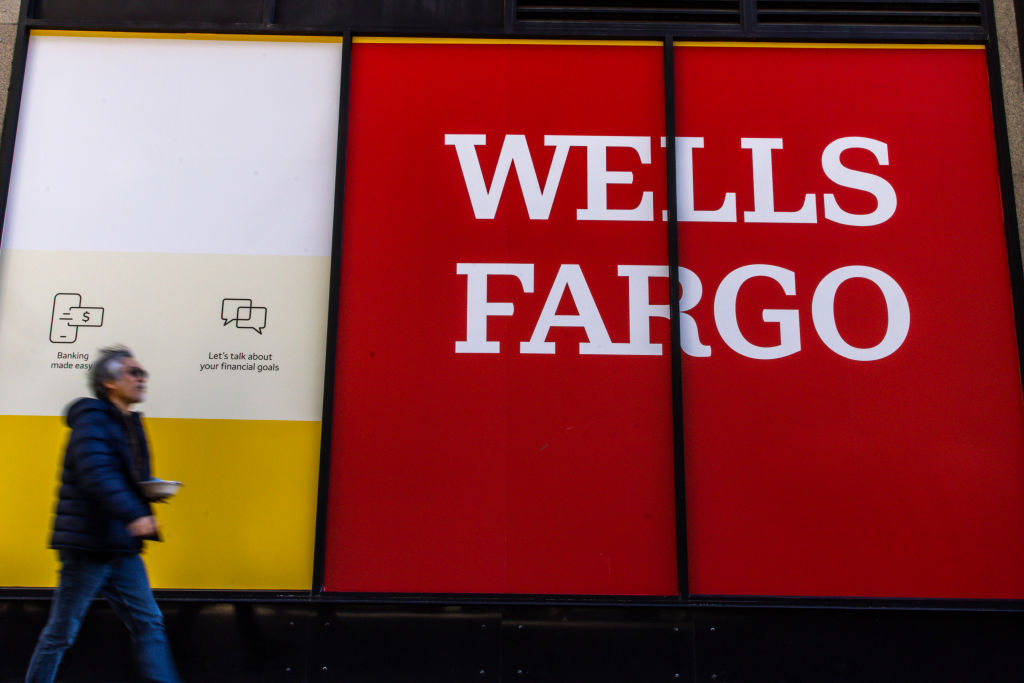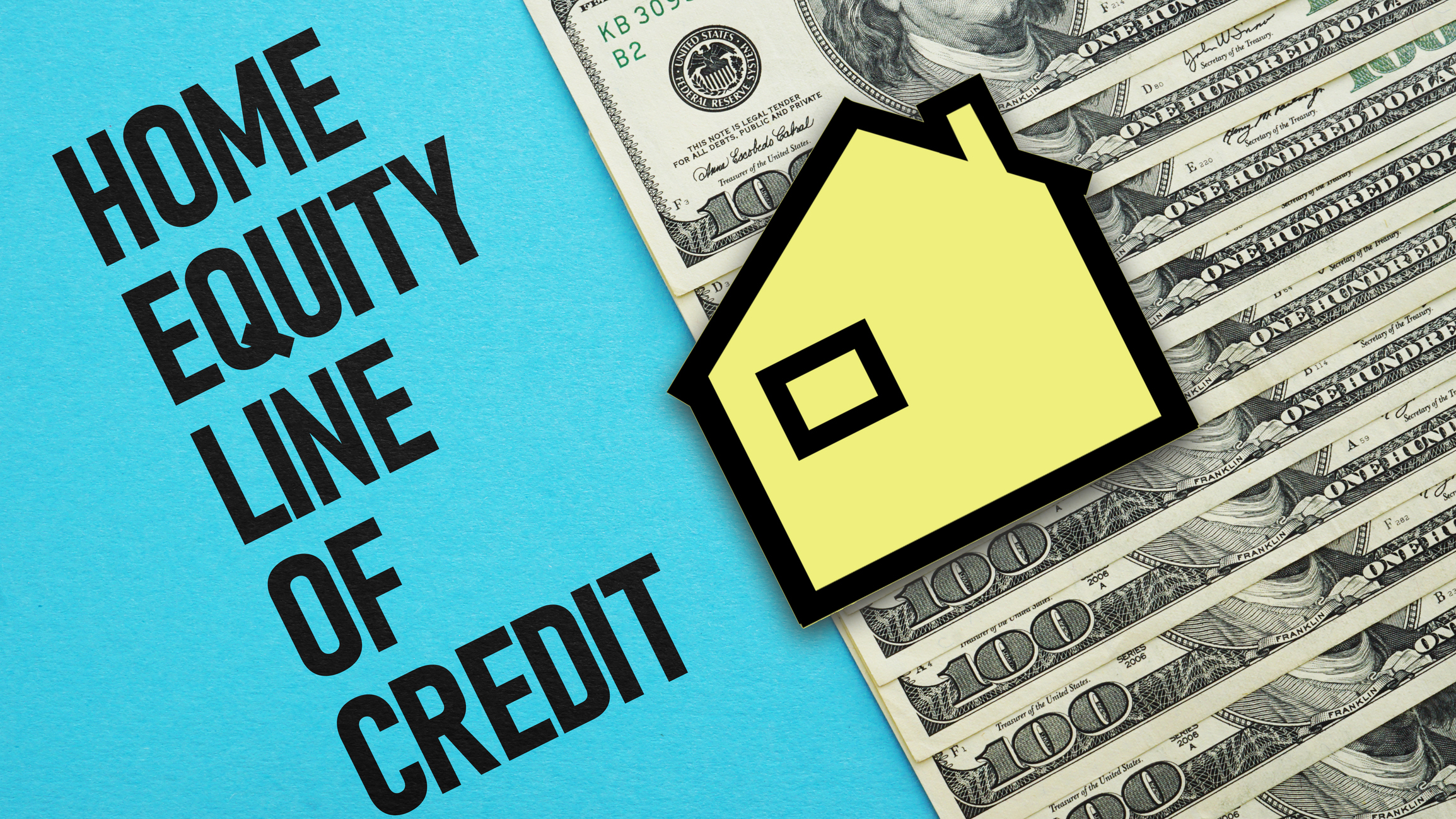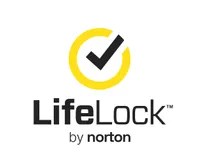Check Your Mailbox: Wells Fargo Settlement Payments Have Begun
Wells Fargo settlement customers whose mortgages were placed in forbearance without their permission should keep an eye on the mail, as checks are going out.

Profit and prosper with the best of Kiplinger's advice on investing, taxes, retirement, personal finance and much more. Delivered daily. Enter your email in the box and click Sign Me Up.
You are now subscribed
Your newsletter sign-up was successful
Want to add more newsletters?

Delivered daily
Kiplinger Today
Profit and prosper with the best of Kiplinger's advice on investing, taxes, retirement, personal finance and much more delivered daily. Smart money moves start here.

Sent five days a week
Kiplinger A Step Ahead
Get practical help to make better financial decisions in your everyday life, from spending to savings on top deals.

Delivered daily
Kiplinger Closing Bell
Get today's biggest financial and investing headlines delivered to your inbox every day the U.S. stock market is open.

Sent twice a week
Kiplinger Adviser Intel
Financial pros across the country share best practices and fresh tactics to preserve and grow your wealth.

Delivered weekly
Kiplinger Tax Tips
Trim your federal and state tax bills with practical tax-planning and tax-cutting strategies.

Sent twice a week
Kiplinger Retirement Tips
Your twice-a-week guide to planning and enjoying a financially secure and richly rewarding retirement

Sent bimonthly.
Kiplinger Adviser Angle
Insights for advisers, wealth managers and other financial professionals.

Sent twice a week
Kiplinger Investing Weekly
Your twice-a-week roundup of promising stocks, funds, companies and industries you should consider, ones you should avoid, and why.

Sent weekly for six weeks
Kiplinger Invest for Retirement
Your step-by-step six-part series on how to invest for retirement, from devising a successful strategy to exactly which investments to choose.
During the COVID-19 pandemic in 2020, many individuals were stuck at home, countless people lost their jobs and financial situations for many were strained, to say the least.
Mortgage lenders often suggested forbearance, temporarily pausing or reducing mortgage payments because of financial hardship, to help individuals keep their homes while facing financial crisis.
Now, a Wells Fargo settlement related to COVID-19 mortgage forbearance has been finalized, and affected customers are starting to receive checks as part of the resolution.
From just $107.88 $24.99 for Kiplinger Personal Finance
Become a smarter, better informed investor. Subscribe from just $107.88 $24.99, plus get up to 4 Special Issues

Sign up for Kiplinger’s Free Newsletters
Profit and prosper with the best of expert advice on investing, taxes, retirement, personal finance and more - straight to your e-mail.
Profit and prosper with the best of expert advice - straight to your e-mail.
The reason behind the Wells Fargo class-action lawsuit

Though Wells Fargo was one of many banks to suggest forbearance, plaintiffs in the Wells Fargo class-action lawsuit alleged that the bank provided forbearances to clients who hadn’t explicitly asked for one.
According to ClassAction.org, Wells Fargo automatically placed mortgages into forbearance without providing affected borrowers any advance notice.
Forbearance can have an effect on your credit score and your ability to get approved for other credit, like credit cards or loans. If a lender reports your forbearance to credit agencies, your credit score could decrease.
That lower credit score could cause other lenders to deny your application for credit. If a lender does approve your application, they might issue you a higher interest rate because your lower credit makes you a higher-risk borrower.
Repaying a mortgage can become more challenging after forbearance, too. When the forbearance period is over, you’ll be responsible for making up the missed payments. Your mortgage payments can increase to make up for those missed payments, or you might need to make extra mortgage payments at the end of your term, extending the length of your mortgage.
Some Wells Fargo customers reportedly only inquired about forbearance, such as by clicking on an informational link or by having a phone conversation with a customer service representative.
When their accounts were placed in forbearance without their knowledge, some customers’ credit scores were allegedly lowered, and some were allegedly denied applications for credit, prompting the class-action lawsuit.
What the Wells Fargo settlement means for customers
According to Top Class Actions, Wells Fargo hasn’t admitted to any wrongdoing but agreed to a settlement. The court approved the $185 million settlement in December 2024, and the settlement became effective on February 15, 2025.
Class-action beneficiaries are individuals with a Wells Fargo-serviced mortgage that was placed into COVID-19 mortgage forbearance without informed consent. Those accounts were placed into forbearance between March 1, 2020 and December 31, 2021.
The first $69 million of the settlement will be equally and automatically distributed amongst all of the class-action lawsuit members, according to ClassAction.org. The lawsuit treats co-borrowers as a single class member, meaning co-borrowers will receive a single automatic payout. However, each co-borrower will also get an additional $83.33.
Members who experienced damages because of the forbearance, including increased borrowing costs and delayed refinancing, had the option to file a claim form to receive additional compensation. The deadline to file the claim form was January 10, 2025.
When will Wells Fargo class-action lawsuit beneficiaries receive checks
All members of the Wells Fargo class-action lawsuit are set to automatically receive checks. Checks for automatic and co-borrower payments started going out in March. Supplemental claims for those who reported damages are currently being processed.
The checks are being sent in a plain envelope, so if you were part of the lawsuit, be sure to open all of your mail.
Additional Wells Fargo class-action lawsuits
The COVID-19 mortgage-forbearance lawsuit isn’t the only class-action lawsuit that’s involved Wells Fargo. The company has been involved in numerous class-action lawsuits and has been ordered to pay fees for mismanagement:
- 2024: A new class-action lawsuit accused Wells Fargo of underpaying customers interest rates while the company earned hundreds of millions of dollars on customers’ cash because of rising interest rates.
- 2022: Wells Fargo paid $3.7 million for mismanagement of accounts, including incorrectly charging fees and interest, charging surprise overdraft fees, wrongfully foreclosing on homes and illegally repossessing vehicles.
- 2020: Wells Fargo agreed to a $3 billion payment to resolve political and civil liabilities from practices of pressuring employees to meet unrealistic sales goals. To meet those goals, employees provided customers with accounts under false pretenses or without consent.
- 2018: Wells Fargo settled lawsuits for charging excessive mortgage fees and for charging customers for car insurance they didn’t need.
No matter which mortgage lender or bank you use, it’s a good idea to monitor your accounts for any unauthorized activity. Carefully track any fees that you pay, and look for changes in recurring payments, like your mortgage payment.
When you open an account, read your policy overview thoroughly and ask any questions you have about the terms. Be sure to also read any notices you receive about changes to account policies.
The news can also be a good source of information about what you need to know about your mortgage and banking companies. Consider setting up Google alerts to ensure you see any relevant news about your bank or lender.
If you suspect that you have been harmed by a financial product or service, you can also contact the Consumer Financial Protection Bureau for help.
Protect your family's credit with LifeLock, a trusted leader in identity theft protection. LifeLock monitors personal information and alerts subscribers to potential threats, including unauthorized credit applications.
Related Content
Profit and prosper with the best of Kiplinger's advice on investing, taxes, retirement, personal finance and much more. Delivered daily. Enter your email in the box and click Sign Me Up.

Paige Cerulli is a freelance journalist and content writer with more than 15 years of experience. She specializes in personal finance, health, and commerce content. Paige majored in English and music performance at Westfield State University and has received numerous awards for her creative nonfiction. Her work has appeared in The U.S. News & World Report, USA Today, GOBankingRates, Top Ten Reviews, TIME Stamped Shopping and more. In her spare time, Paige enjoys horseback riding, photography and playing the flute. Connect with her on LinkedIn.
-
 Quiz: Do You Know How to Avoid the "Medigap Trap?"
Quiz: Do You Know How to Avoid the "Medigap Trap?"Quiz Test your basic knowledge of the "Medigap Trap" in our quick quiz.
-
 5 Top Tax-Efficient Mutual Funds for Smarter Investing
5 Top Tax-Efficient Mutual Funds for Smarter InvestingMutual funds are many things, but "tax-friendly" usually isn't one of them. These are the exceptions.
-
 AI Sparks Existential Crisis for Software Stocks
AI Sparks Existential Crisis for Software StocksThe Kiplinger Letter Fears that SaaS subscription software could be rendered obsolete by artificial intelligence make investors jittery.
-
 How to Budget as a Couple Without Fighting About Money
How to Budget as a Couple Without Fighting About MoneyThese tips will help you get on the same page to achieve your financial goals, with minimal drama.
-
 Is the Housing Market's 'Lock-In Effect' Finally Starting to Ease?
Is the Housing Market's 'Lock-In Effect' Finally Starting to Ease?As mortgage rates stabilize and fewer owners hold ultra-low loans, the lock-in effect may be losing its grip.
-
 Mortgage Protection Insurance: What It Covers and When It Makes Sense
Mortgage Protection Insurance: What It Covers and When It Makes SenseHow mortgage protection insurance works, what it costs, and when it’s actually useful in a financial plan.
-
 What to Watch for When Refinancing Your Home Mortgage
What to Watch for When Refinancing Your Home MortgageA smart refinance can save you thousands, but only if you know how to avoid costly pitfalls, calculate true savings and choose the right loan for your goals.
-
 Builders Are Offering Big Mortgage Incentives — What Homebuyers Should Watch For
Builders Are Offering Big Mortgage Incentives — What Homebuyers Should Watch ForBuilder credits and below-market mortgage rates can ease affordability pressures, but the savings often come with trade-offs buyers should understand before signing.
-
 Trump Signals Plan to Ban Institutional Investors From Buying Single-Family Homes
Trump Signals Plan to Ban Institutional Investors From Buying Single-Family HomesThe president says the move could improve housing affordability. Here’s what the data show about investor ownership, recent buying trends and what it could mean for homebuyers.
-
 How Much Income You Really Need to Afford a $500,000 Home
How Much Income You Really Need to Afford a $500,000 HomeAs home prices increase, the income needed for a house is also climbing. We break down what you need to earn to afford a $500,000 home.
-
 How Much Would a $50,000 HELOC Cost Per Month?
How Much Would a $50,000 HELOC Cost Per Month?Thinking about tapping your home’s equity? Here’s what a $50,000 HELOC might cost you each month based on current rates.
